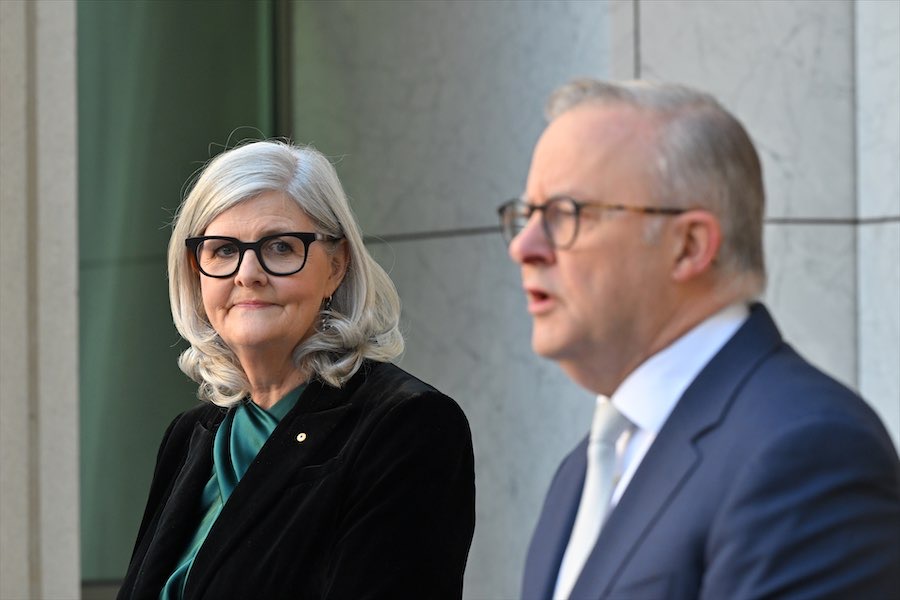DON AITKIN sees a tendency towards gloom and despondency in the Western world today.
OVER the past week or so I have been viewing the series of TV programs made by Kenneth Clark, called “Civilisation”. Throughout the series he kept emphasising a point that I think is highly relevant to politics today.
It is this: civilisations look strong, but they are fragile, and they begin to decay when people lose confidence in themselves and in the ruling values, skills and purpose of their society. That thought seems to me to underpin something of what I see as the tendency towards gloom and despondency in the Western world today.
It is not the mood I remember from the 1960s, when my own career was in sharp ascent. Then everything seemed possible. It was not just me. John Kennedy, the young President of the US, seemed to see the possibilities for the human future as both attainable and desirable. His successor, Lyndon Johnson, was to say similar things, and he began a war on poverty itself.
In England, Harold Wilson, PM from 1964, echoed Johnson in telling the Brits that the future was good, and he could see it. Jean-Jacques Servan-Schreiber, a gifted French politician and journalist, said much the same in France. Pierre Trudeau offered the same insight in Canada when PM from 1968, and in our own country Gough Whitlam, not yet PM, seemed of the same stuff.
I think they were good days, and much that we of that generation hoped for has arrived, at least in some form. So why the gloom, the timidity, in our politics – not just in Australia, but in the Western world generally?
I’m not sure. But some of the ingredients are obvious enough. The collapse of the Soviet Union, whose presence and influence was the backdrop to those times, has gone, but no one much is happier. A new rival to the West has appeared in a resurgent and angry Islam. Spectres of an over-populated world, a thermageddon where the world is uninhabitable because of greenhouse gas emissions, and the collapse of the economic world as we have known it appear in the media almost daily.
Why aren’t we confident than we can solve these problems as we have solved other major worries? After all, our society is very much better educated than was the case 50 years ago. Australia is some three times richer per head of population, as well as three larger in population. We have tens of thousands of clever scientists and researchers generally.
Part of it, I think, is that we have lost a strong sense of “us”. Societies are always in tension between communal needs and private desires, and ours at the moment is pretty much devoted to the latter. If that is to change we will need articulate and persuasive leaders who can jolt us out of the feeling that all is gloom, and show us that much of what we would like to see for our society is indeed possible.
I admit that I have been saying something like that for a while now, and still have to see anything that looks or talks like such a leader.
And I also ought to admit that Lord Clark made that program, and was saying those wise words, in the 1960s, not last year. He was then most gloomy about our civilisation’s chances of success – just as I thought things were going gangbusters!
Don Aitkin, political scientist and historian, served as vice-chancellor of the University of Canberra from 1991 to 2002.
Who can be trusted?
In a world of spin and confusion, there’s never been a more important time to support independent journalism in Canberra.
If you trust our work online and want to enforce the power of independent voices, I invite you to make a small contribution.
Every dollar of support is invested back into our journalism to help keep citynews.com.au strong and free.
Thank you,
Ian Meikle, editor




Leave a Reply